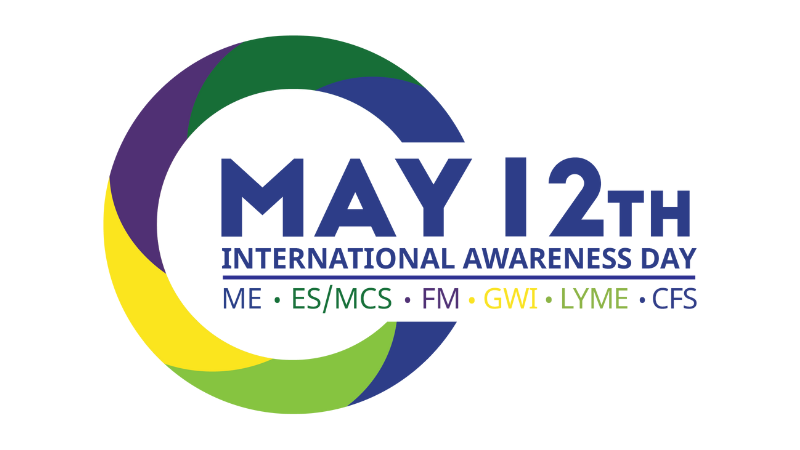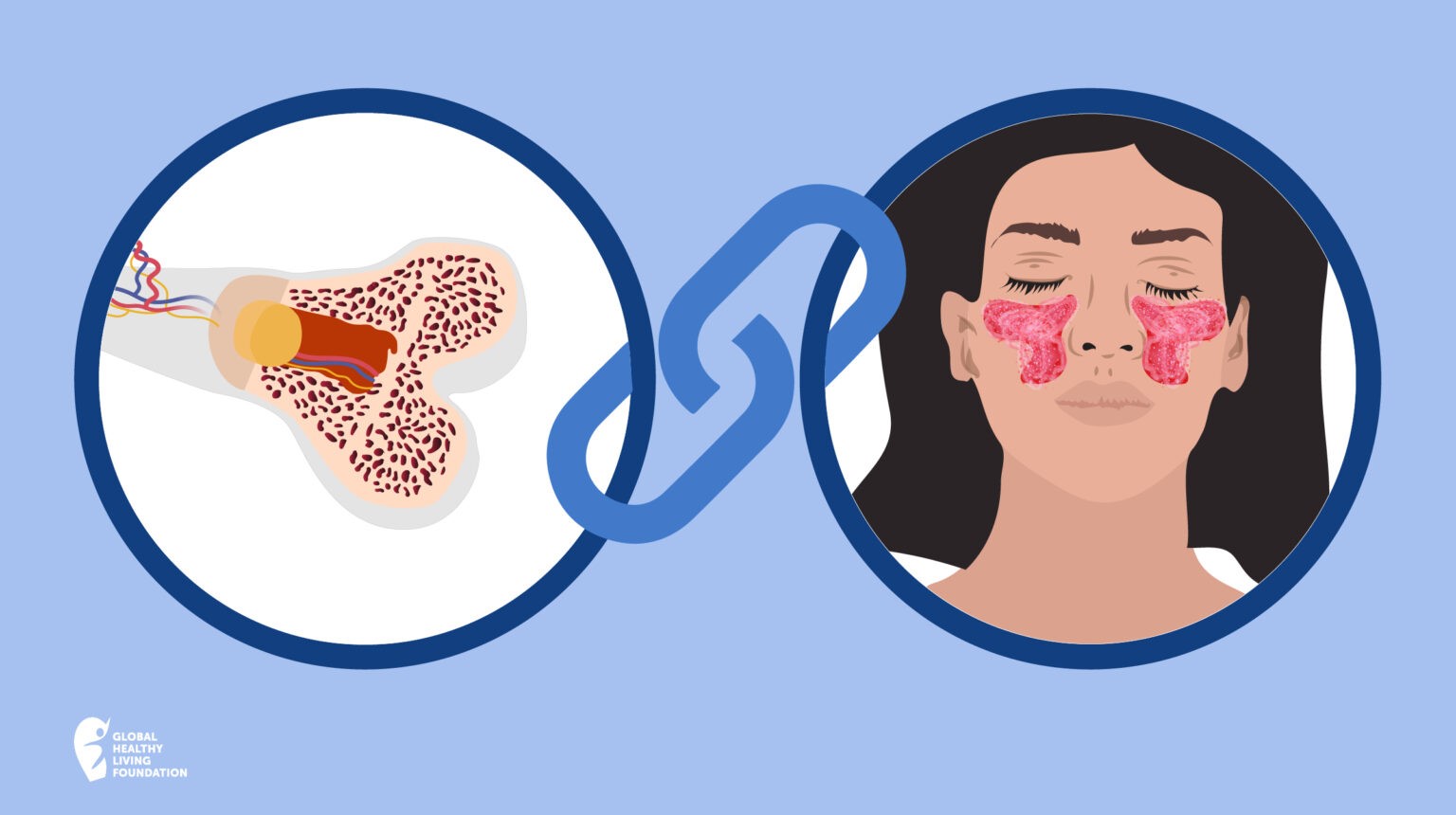Psoriasis Diet
There is no diet that can cure psoriasis. Though there is little scientific evidence for a psoriasis diet, many people with psoriasis say they’ve found symptom relief from changing what they eat. Given that obesity is linked to an increased risk of psoriasis and can worsen the severity, it’s important to maintain a healthy weight. A 2014 Journal of Dermatology study found a link between weight loss and a reduction in psoriasis severity.
Reducing inflammation with an anti-inflammatory diet may also be helpful. This includes eating oily fish high in omega-3s such as salmon, plenty of fruits and vegetables (particularly dark leafy greens), low-fat dairy products, nuts and nut butters. Foods that increase inflammation should be avoided or reduced, such as partially hydrogenated oils, fatty red meats, fried foods and processed/fast foods. If you have severe psoriasis, it may be beneficial to reduce or eliminate alcohol.
The link between psoriasis and gluten, a complex protein found in wheat and in many processed foods, is not well understood. Up to 25 percent of people with psoriasis also have gluten sensitivity. Eliminating gluten may help reduce psoriasis symptoms, but will probably do so only if gluten is a problem food for your system. Thus, if you have psoriasis, it’s important to be tested for celiac disease.





